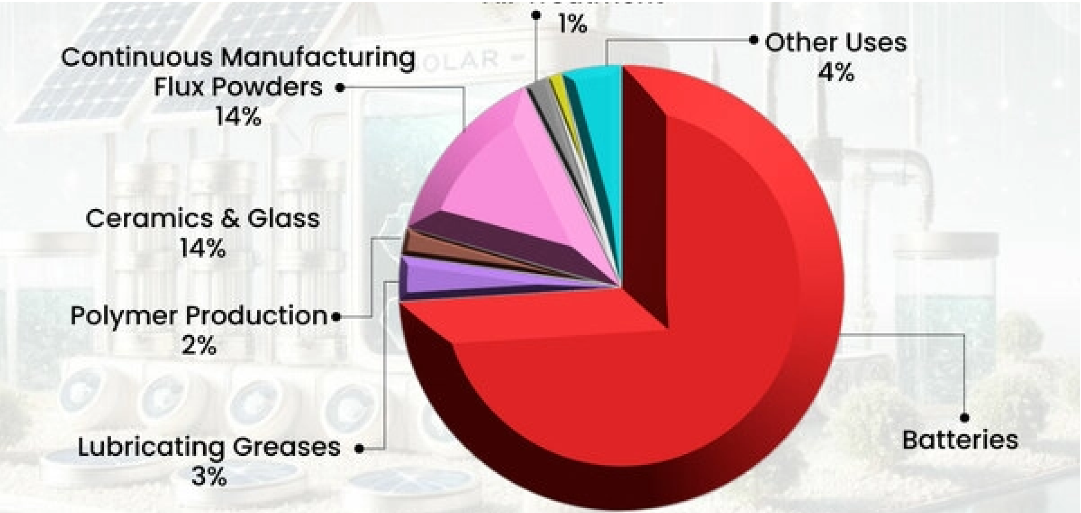The Rise of Quantum Computing and its Prospects
The world has witnessed magnificent advancements in the field of the computing field. From the invention of the first computer to the development of supercomputers, each innovation has pushed the boundaries of what is possible. The evolution of computers has wholly revolutionized human life beyond the imagination and continues to play an essential role in every aspect. Classical computers shaped the 20th century, and at the beginning of the 21st century, people realized that classical computers come with certain limitations. The limitations of classical computers pushed scientists to develop a new type of computing called quantum computing.
Quantum computing is a multidisciplinary field encompassing aspects of computer science, physics, and mathematics that employs quantum mechanics to solve complex problems faster than conventional or classical computers. Quantum computers can process information much more quickly than traditional computers. This is because quantum computers use qubits, typically small particles (atoms, ions, photons, or electrons) that hold information and behave according to the laws of quantum physics. Therefore, it can handle a much vaster amount of data much faster than a classical computer.
Companies like IBM, Google, Intel, D-Wave Systems, and Microsoft, among others, are racing to build quantum computing tools. However, IBM received attention when they initially announced a quantum computer available to the public as a cloud service for researchers in 2016. After that, global businesses realized quantum computers' full potential in solving too complex problems that classical computers can’t. Many companies are already using the revolutionary technology. The companies such as Mercedes-Benz, ExxonMobil, CERN, and Mitsubishi Chemical are already using the technology to solve complex problems such as supply chain complexities, improve battery chemistry, discover the secrets of the universe, etc. Quantum computers are so powerful that they can help tackle complex problems like disease, food, and climate crises. Over time, advancements in quantum computers with higher numbers of qubits will open significant possibilities which today feel like science fiction only.
There are several use cases of quantum computers across the industries such as energy and power, automotive, chemicals, transportation and logistics, healthcare, aerospace & defense, IT & telecom, agriculture, manufacturing, and electronics, among others.
According to the MRFR estimates, the global quantum computing market will likely register a significant CAGR of 31.3% by 2030.

